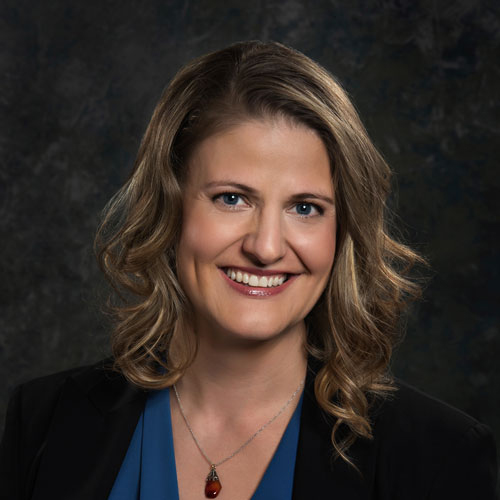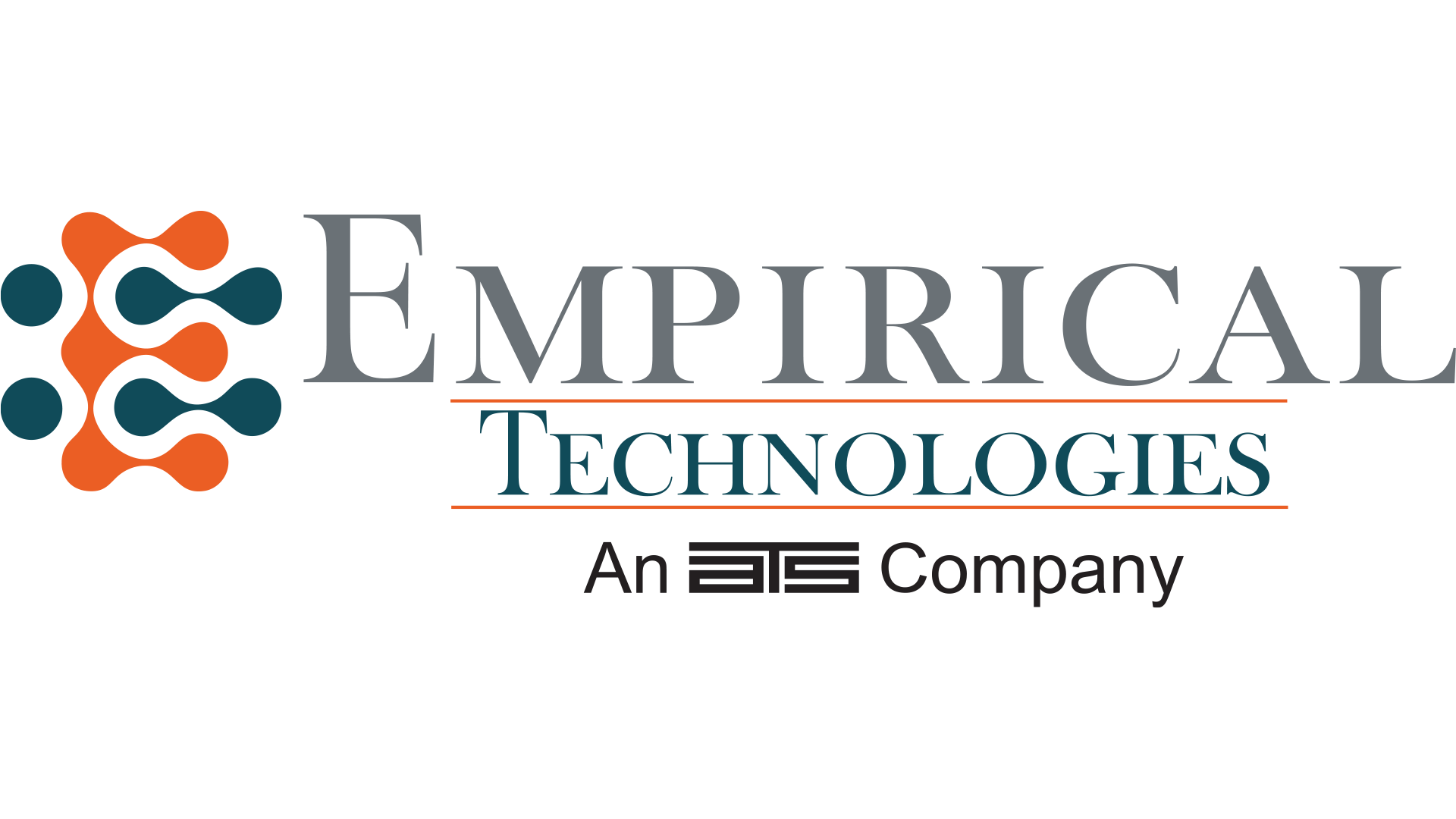If you’ve ever hit my voicemail, you know the last thing I say to everyone who hangs out long enough to leave a message is “keep smiling!”
It’s a practice I started years ago. It’s rooted in my fundamental optimism, fueled by the conviction that people are inherently good, we’re here for a purpose, and it’s all going be OK.
I still believe that. But like everyone else on the planet, I watch the news of the spread of COVID-19 with dismay. For all of planet Earth’s historic bouts with pandemics, this is the first one for which I’ve had a front seat. It’s not the ride I signed up for, but it’s the one we’re all sharing.
The orthopedics industry is not directly on the front lines. We aren’t the first-responders, emergency room staff, or policy makers. I imagine many of you feel as helpless as I do, and like me, you wish you could do something to help.
I’m not in a position to suddenly start manufacturing ventilators, test kits, or personal protective equipment. But I am one of several industry experts pondering the question: What does this mean for the medical device industry, and what can we be doing now to mitigate the fallout to ensure better patient outcomes?
Those questions are why I’m one of the sponsors of the “For Such a Time as This OrthoChallenge,” a contest to determine the top 10 ideas, technologies, software systems, or other processes that will best serve orthopedic patients. Winning entries will be given the opportunity to present to the U.S. Food and Drug Administration to seek their support and guidance on how to fast-track the idea to patients. Submissions are due May 10, but the goal is to encourage ongoing innovation to address the changes a post-pandemic world brings. The submitter will retain all rights to their protected ideas and remain fully responsible for executing the development necessary to bring it to market.
With elective surgeries on hold and medical resources focused on the immediate threat of the novel coronavirus, I’m joining my fellow contest sponsors in encouraging the bright minds of our industry to think ahead, and think differently. Even though we’re not the forefront of the fight to save lives from the virus, we are in a position to flatten a different curve. We can turn our ingenuity and creative problem-solving to identifying and mitigating the long-term effects this hold on orthopedic surgeries will have on people who look to us to relieve their pain and restore their mobility.
Joseph Zuckerman is another contest sponsor. The past president of the American Academy of Orthopedic Surgeons and chair of Orthopedic Surgery, NYU Langone Health, said the contest is designed to bring new ideas and innovations to light that can benefit patients now and in the future.
“The threat is to patients who need surgery and are unable to have it because of the priorities of providing care to those in need during this crisis,” Zuckerman said.
“Their continued pain and disability are forced to take a back seat to the urgent and emergent needs of the population—as it should. This is about what we can do to mitigate their problems until such a time as they can receive the care they need.”
Raymond Cloutier, CEO of NovApproach Spine, another sponsor, encourages industry professionals to consider better and non-traditional ways to treat patients. Innovations sparked by this crisis could lead to wholly new product sectors that could energize our industry by improving the delivery of care in ways previously unheard of, he said.
“Disruption demands change,” Cloutier said. “Would there be value in rethinking our traditional focus on surgical implants and pivot to meet the needs of patients that have been deprived of surgical care—orthotics, physical therapy, assistive devices, etc.? Would there be value in focusing on ways to reduce our patients’ risk that their compromised musculoskeletal condition leads to an infection or reduces their ability to fight COVID-19?”
Cloutier believes our industry can make significant advancements in the wake of the pandemic, and we can plan ahead for that new paradigm given the likely long-term effects of COVID-19.
“I think it will be a different world whenever we come up for air,” he said. “We’re going to experience a ‘germaphobic’ attitude within the healthcare community. People will be sensitized to aseptic cleanliness, bacterial, all elements of sanitization, and making sure we aren’t transmitting (contagious elements) … Our goal is that our community comes up with better solutions, and if we’re creative, we might come up with things that will be whole new product categories or ways of treating patients.”
Audrey Beckman, a consultant who has held several executive roles at Zimmer and Zimmer Biomet, is the selection panel organizer for the OrthoChallenge. She said times of crisis and great change encourage innovation.
“We have been forced into thinking differently,” she said. “By asking talented orthopedic surgeons, physical therapists, engineers, and others to think of patient needs during this time, we hope to inspire ideas which can help patients and those who care for them, helping them stay healthy, keeping them safe and moving, and helping them recover faster when they do have their surgery.”
Knowing my colleagues are turning their sights from headlines to new horizons of patient care helps me stay focused on the same goal. The ingenuity and resourcefulness of the men and women who have dedicated their careers to the health and wellbeing of their fellow humans gives me hope, despite the headlines.
It’s enough to keep me smiling. I hope you all stay safe and well in these trying times. To find out more about the OrthoChallenge, offer support, or to share your innovation, go to For Such A Time As This Ortho.

Dawn Lissy is a biomedical engineer, entrepreneur, and innovator. Since 1998, Empirical Technologies Corp. has operated under Lissy’s direction. Empirical offers the full range of regulatory and quality systems consulting, testing, small batch and prototype manufacturing, and validations services to bring a medical device to market. Empirical is very active within standards development organization ASTM International and has one of the widest scopes of test methods of any accredited independent lab in the United States. Because Lissy was a member of the U.S. Food and Drug Administration’s Entrepreneur-in-Residence program, she has first-hand, in-depth knowledge of the regulatory landscape. Lissy holds an inventor patent for the Stackable Cage System for corpectomy and vertebrectomy. Her M.S. in biomedical engineering is from The University of Akron, Ohio.

